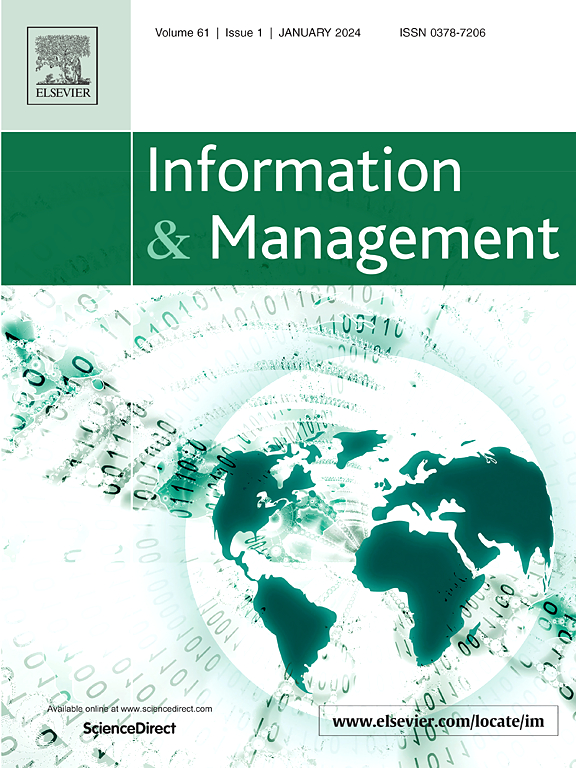The impact of blockchain technology on competing suppliers on an E-commerce platform
IF 8.2
2区 管理学
Q1 COMPUTER SCIENCE, INFORMATION SYSTEMS
引用次数: 0
Abstract
We develop a game-theoretic model to explore the impact of blockchain adoption on various players within a platform supply chain, as well as its interaction with selling contract strategies. In our model, the high-class supplier determines the blockchain adoption strategy, and the low-class supplier selects the selling contract. Our analysis shows that the low-class supplier benefits from the high-class supplier’s adoption of blockchain, resulting in higher prices for both products. In the sequential equilibrium, the high-class supplier's blockchain adoption decision is driven by operational costs, whereas the low-class supplier's choice of selling contract depends on its product quality. Additionally, we extend the model to analyze scenarios where the high-class supplier operates through a reselling channel and investigate the impact of endogenous quality decisions.
b区块链技术对电子商务平台上竞争供应商的影响
我们开发了一个博弈论模型来探索区块链的采用对平台供应链中各种参与者的影响,以及它与销售合同策略的相互作用。在我们的模型中,高端供应商决定区块链采用策略,低端供应商选择销售合同。我们的分析表明,低端供应商受益于高端供应商采用区块链,从而导致两种产品的价格更高。在顺序均衡中,高端供应商的区块链采用决策受运营成本驱动,而低端供应商的销售合同选择取决于其产品质量。此外,我们将模型扩展到分析高端供应商通过转售渠道运营的场景,并研究内生质量决策的影响。
本文章由计算机程序翻译,如有差异,请以英文原文为准。
求助全文
约1分钟内获得全文
求助全文
来源期刊

Information & Management
工程技术-计算机:信息系统
CiteScore
17.90
自引率
6.10%
发文量
123
审稿时长
1 months
期刊介绍:
Information & Management is a publication that caters to researchers in the field of information systems as well as managers, professionals, administrators, and senior executives involved in designing, implementing, and managing Information Systems Applications.
 求助内容:
求助内容: 应助结果提醒方式:
应助结果提醒方式:


